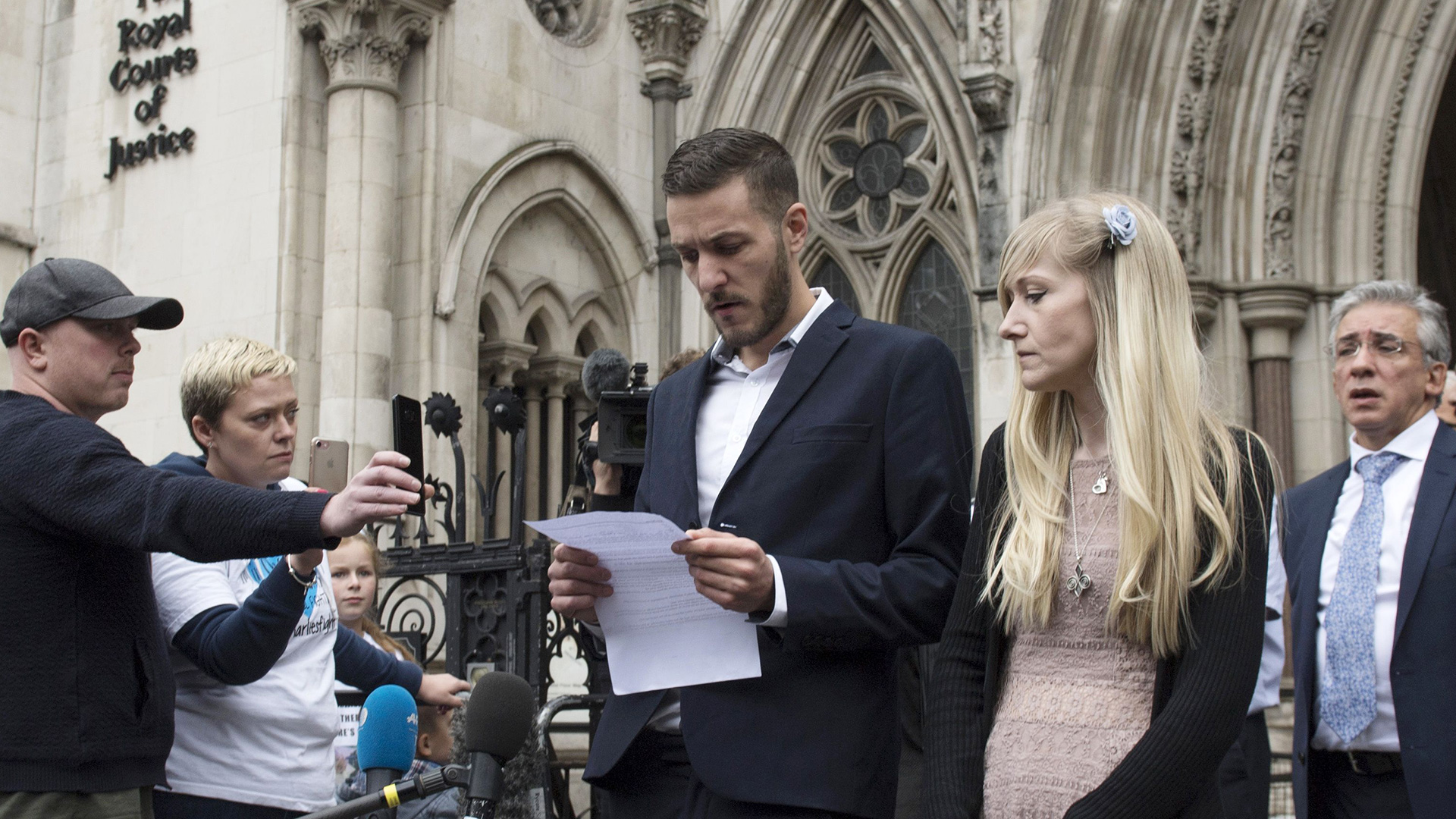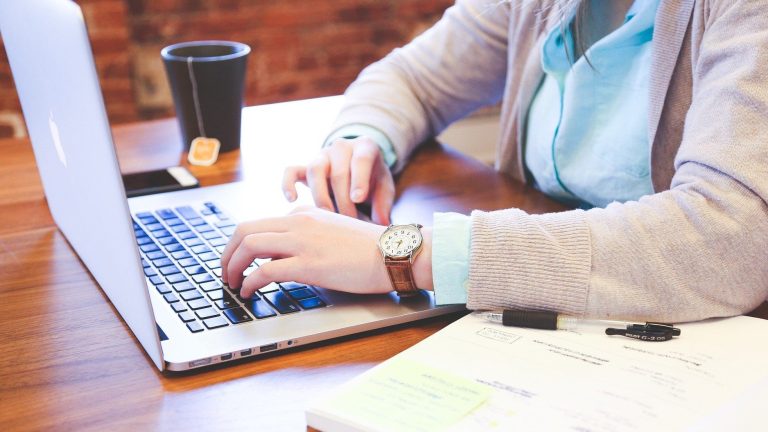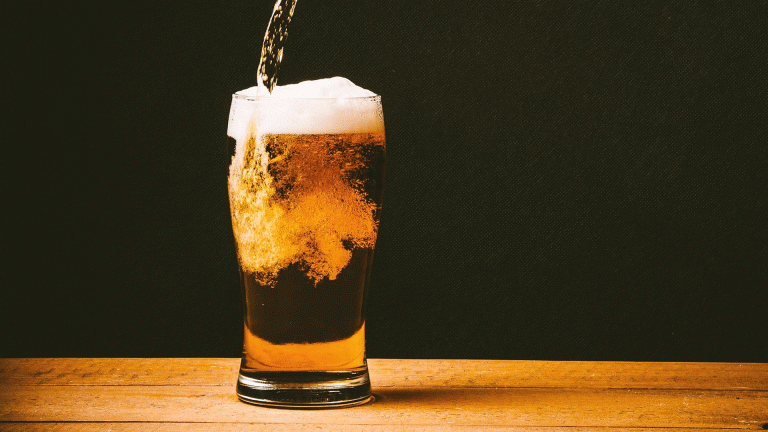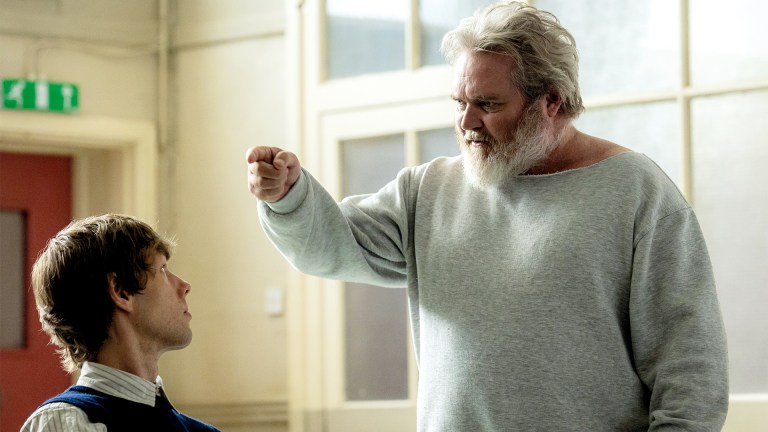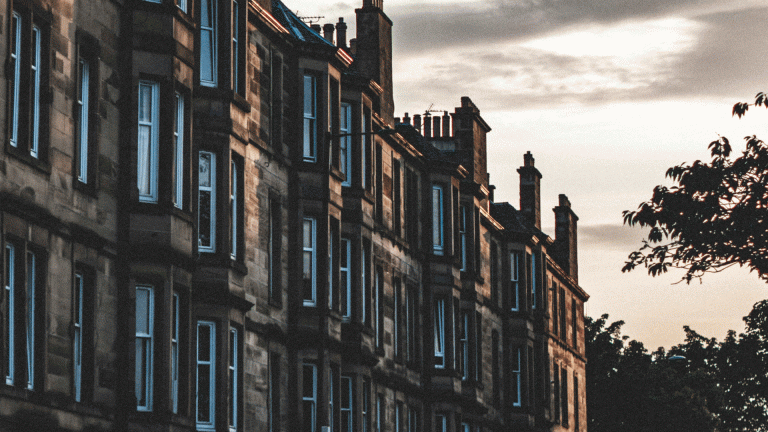The tragic case of Charlie Gard has seen a private tragedy played out as a public spectacle. A process about an extremely complex case erupted into a very public, emotional and political battlefield. Baby Charlie and his heart-broken parents, Chris Gard and Connie Yates (pictured above), were most acutely affected, and they will have to deal with the fall-out of how this case has been publicly played out. There are no positives in this story.
But damage has also been wrought on the hardworking staff at Great Ormond Street Hospital (GOSH), who have faced harassment and abuse in recent weeks. Confidential medical advice and care plans from GOSH specialists have come under intense scrutiny and condemnation from a media and public who often have no clear idea of the medical and legal facts.
Is society getting sick of experts on our health?
In a society that is gravitating towards easy accusations of alternative facts and fake news, are we getting sick of experts on our health? Should healthcare professionals be expecting more difficult consultations simply because patients just don’t trust what we say?
In my patient consultations I aim for dialogue rather than a diatribe. More and more of my patients are coming to me after they’ve first checked via Google as to what may be going on, to provide me with a list of things they think that rash or cough could be and how it should be treated. I’m pretty sure that for some of my patients I’m offering a second opinion, after the first has been sought out online.
I don’t think that’s such a bad thing. Patient education and interest in illness is really important – well-informed patients are much more likely to have a positive outcome.
But what happens when Dr Google and I disagree? What about when I disagree with another colleague about a course of action? The old saying is that when doctors differ, patients die. Should you be worried about trusting your doctor? Maybe you should you be challenging them more often?
